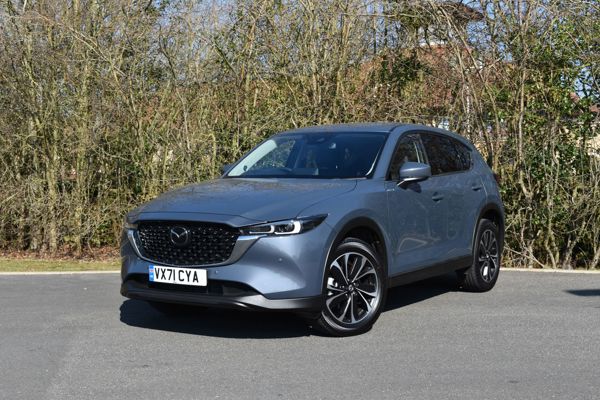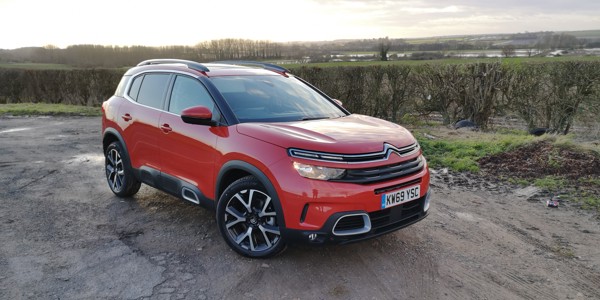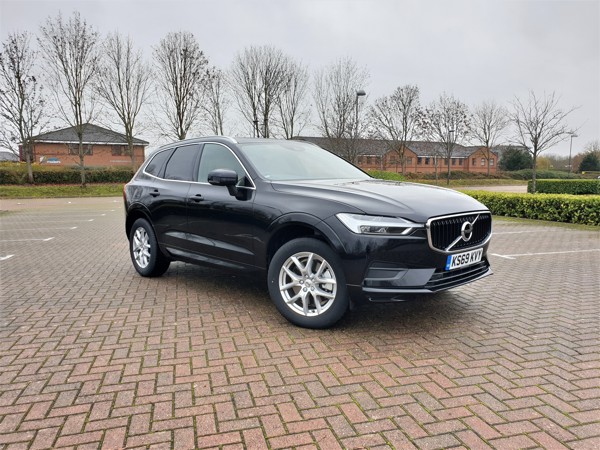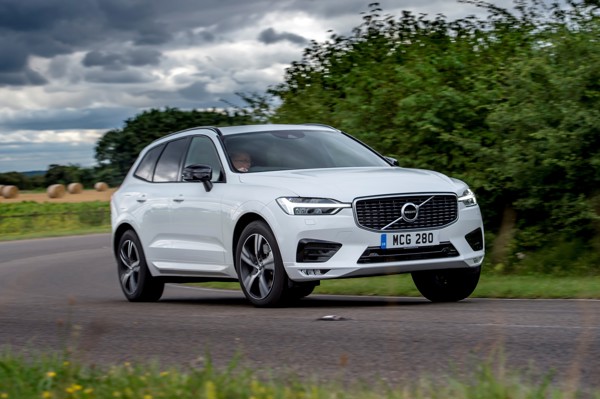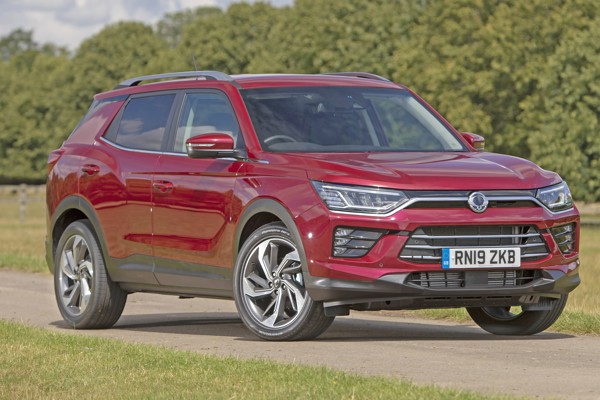Review
Renault has implemented a range of discreet enhancements to the Kadjar for its mid-life facelift. Focusing on driver engagement, refinement and perceived quality, the new model represents an evolution of the car’s core strengths.
The external updates are minimal and comprise re-styled bumpers, a larger grille and new LED taillights.
Inside, there’s a new infotainment system and climate control unit, higher quality interior trims and more comfortable seats.
Following customer feedback, Renault has redesigned the window and mirror switches and added backlighting – something we felt was needed when we tested the original car.
The most prominent change is the introduction of an all-new 1.3-litre TCe petrol engine. It’s available with 140PS and 160PS and is built in partnership with Daimler.
CO2 emissions for the petrol model start at 131g/km for the TCe 160 with an automatic gearbox. Manual models emit from 134g/km.
The 1.5-litre diesel engine has also been revised. It now produces 115PS (up by 5PS) and emits from 111g/km of CO2. It is worth noting that the same suite of engines features in the Nissan Qashqai but emit less CO2.
There is also a 150PS 1.7-litre diesel engine reserved for the GT Line. It emits 117g/km or 138g/km with the option of all-wheel drive.
The TCe units are hard to differenciate during normal driving. We were impressed by their refinement, but feel the diesels are the better bet for efficiency. The 1.5-litre unit it fairly gutsy, despite its modest output and very smooth.
We've only had a limited drive of the 1.7-litre diesel but found it to be a worthy consideration, given the small increase in emissions it gives good perfomance but shouuld still be economical.
All Kadjar models come with a high level of standard equipment, including seven-inch colour touchscreen, automatic climate control, rear parking sensors and 17-inch alloy wheels.
The revised range structure sees the introduction of entry-level Play trim, mid-range Iconic and range-topping GT Line. There is also a special S-Edition version that features a panoramic sunroof and LED headlights.
Iconic versions are the predicted best-seller and feature sat-nav, keyless entry, reversing camera and lane departure warning. Prices start at £22,095, just £1,500 more than the Play.
The Kadjar certainly feels like a more grown-up car. While the controls are light, the car is still nimble enough to suit most people’s needs and suffers very little body roll.
In certain seating positions, the giant door mirrors can hinder the driver’s view at junctions and roundabout, but do make manoeuvrability easier.
The infotainment system still feels dated in comparison to the system available in the Seat Ateca or Volkswagen Tiguan, although touchscreen response is better than in the old car.
While the Kadjar falls short of the Qashqai when it comes to efficiency, it does have a larger boot, more modern styling and higher levels of specification at comparative price points.
There is no shortage of choice in the crossover segment and the Kadjar still has what it takes to be a top contender.
Specs
| Manufacturer | Renault |
| Model | KADJAR |
| Specification | KADJAR SUV 2wd 1.5 Blue dCi 115 DPFR SS €6 Iconic 6Spd 19MY |
| Model Year | 0.00 |
| Annual VED (Road tax) | £0 |
| BIK List Price | £25,900 |
| CO2 | 135g/km |
| BIK Percentage | 34% |
| Insurance Group | N/A |
| CC | N/A |
| Fuel Type | Diesel |
| Vehicle Type | SUV and Crossover |
| Luggage capacity (Seats up) | 5litres |
Running Costs
| P11D | £25,900 |
| Insurance group | N/A |
| Fuel Type | Diesel |
| Cost per mile | 77.13ppm |
| Fuel | 9.30ppm |
| Depreciation | 65.68ppm |
| Service maintenance and repair | 2.15ppm |
Rivals
Info at a glance
-
P11D Price
£25,900
-
MPG
54.3 (WLTP) -
CO2 Emissions
135g/km -
BIK %
34% -
Running cost
3 Year 60k : N/A 4 Year 80k : N/A -
Fuel Type
Diesel



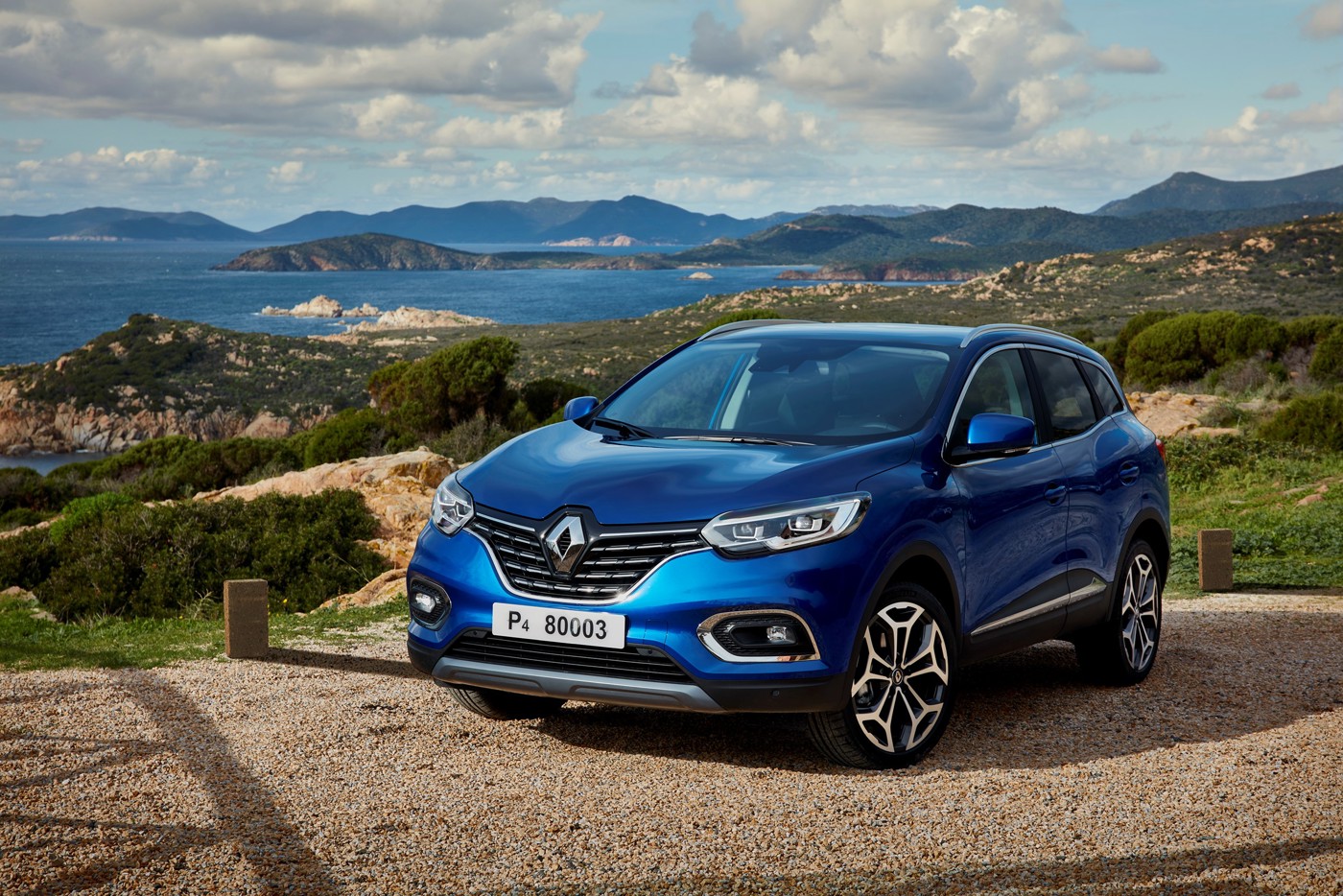
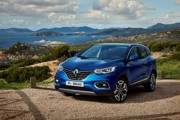
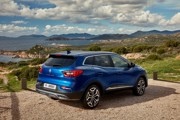
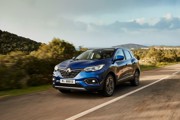
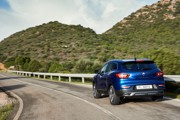
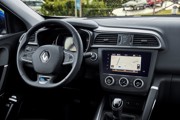
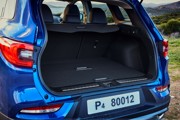
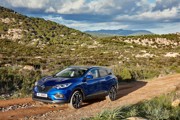


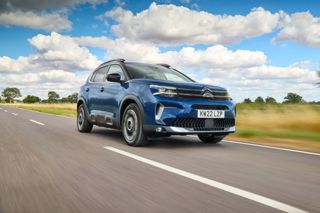
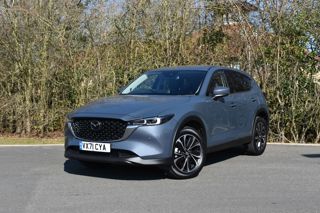
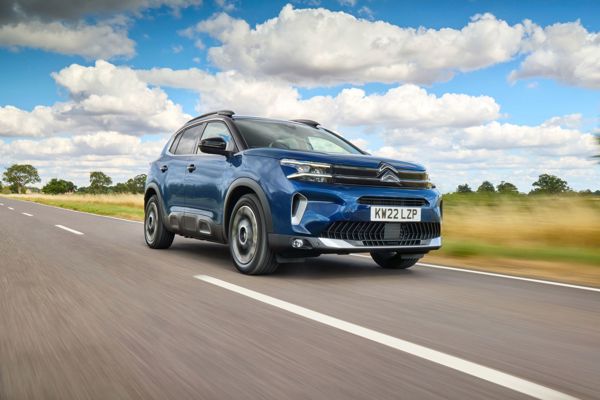
 Diesel
Diesel
